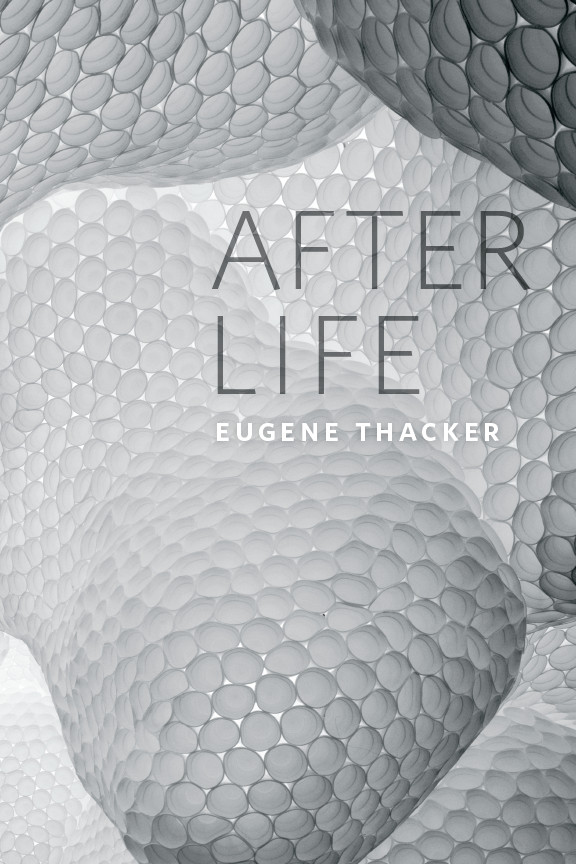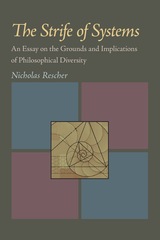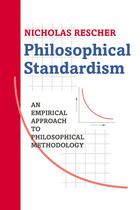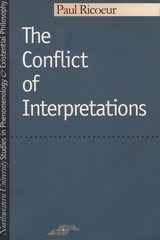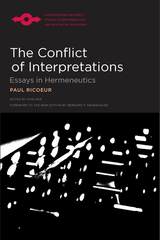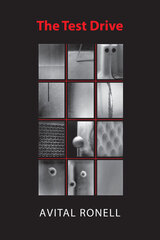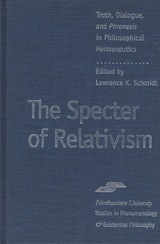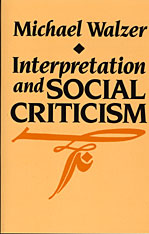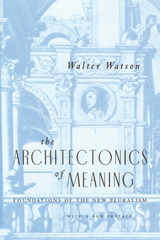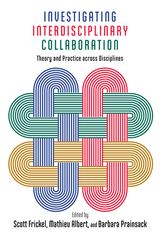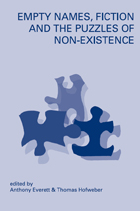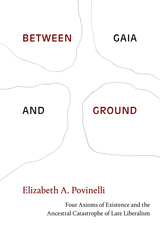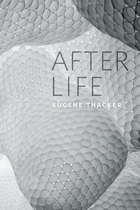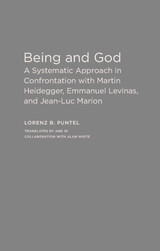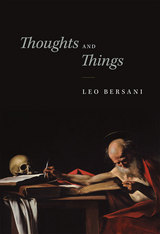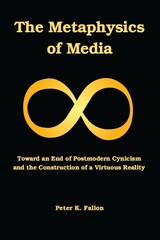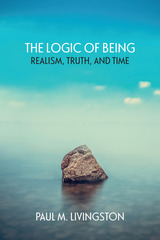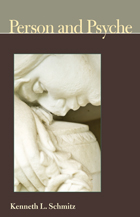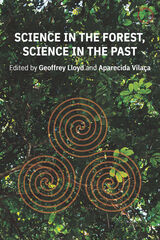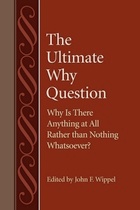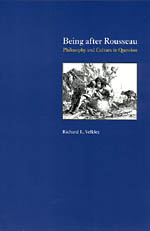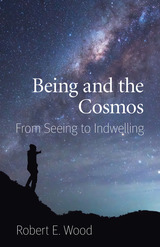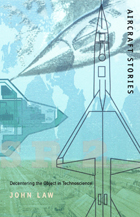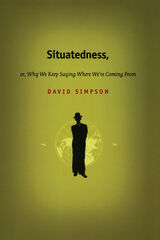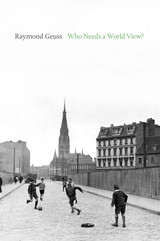Cloth: 978-0-226-79371-9 | eISBN: 978-0-226-79373-3 | Paper: 978-0-226-79372-6
Library of Congress Classification BD311.T43 2010
Dewey Decimal Classification 113.8
In After Life, Eugene Thacker clears the ground for a new philosophy of life by recovering the twists and turns in its philosophical history. Beginning with Aristotle’s originary formulation of a philosophy of life, Thacker examines the influence of Aristotle’s ideas in medieval and early modern thought, leading him to the work of Immanuel Kant, who notes the inherently contradictory nature of “life in itself.” Along the way, Thacker shows how early modern philosophy’s engagement with the problem of life affects thinkers such as Gilles Deleuze, Georges Bataille, and Alain Badiou, as well as contemporary developments in the “speculative turn” in philosophy.
At a time when life is categorized, measured, and exploited in a variety of ways, After Life invites us to delve deeper into the contours and contradictions of the age-old question, “what is life?”
See other books on: After Life | Ethics & Moral Philosophy | Mind & Body | Ontology | Thacker, Eugene
See other titles from University of Chicago Press
